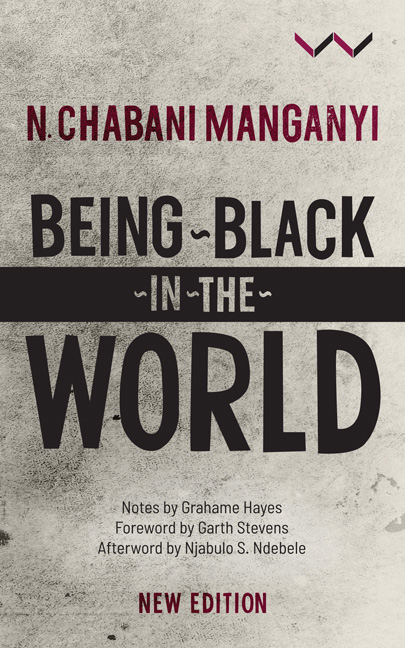7 - The Meaning of Change
Published online by Cambridge University Press: 25 October 2019
Summary
During the year 1972, there was a great deal of noise here and abroad about what some people considered to be indications of change in the ‘South African way of life’. It was suggested that these pointers of change could be identified in the political and economic spheres. Examples of this change were given. Following the Polaroid troubles, two big banking houses decided to ‘equalise’ salaries of blacks and whites. There were public demands for a general narrowing of the wage gap as well as the organisation of black labour into trade unions. On the political front, people were saying that there was a need for ‘dialogue’ with the black communities. Some observers also suggested that the South African government was revealing a more mature attitude towards the Buthelezis. Others observed that the Afrikaner was beginning to show some restlessness and was becoming more open and critical about the national policies of his government. When one looks back at all those ‘happenings’ one begins to wonder whether this change was apparent or real. Can it be truly said that South African society is changing? If this is so, what may be identified as the particular direction and form of this change? And would black and white South Africans be able to reach common agreement on the possible significance of this change? This essay concerns itself with these questions since we consider it necessary to achieve a black perspective (interpretation) on them.
We begin our analysis by borrowing some of the refreshing ideas of Prof. J.H. Moolman (1972), director of the African Institute in Pretoria. In spite of the unacceptability of some of his views, it should be admitted that he is an outstanding academic. One of his latest suggestions is that the Republic of South Africa should be viewed as a spatial system. He points out that this spatial system ‘consists mainly of a white and black component’. Recognition is given to the fact that the white component is the dominant one in the system. Into the total spatial system was introduced the policy of separate development which has given birth to the concepts of ‘homelands’ and ‘national units’, which are now subsystems in the total spatial system. Some observations relating to these views may now be made.
- Type
- Chapter
- Information
- Being Black in the World , pp. 87 - 96Publisher: Wits University PressPrint publication year: 2019



